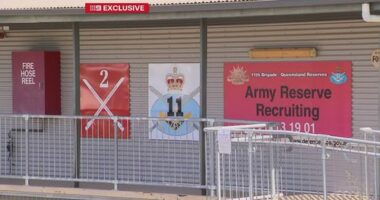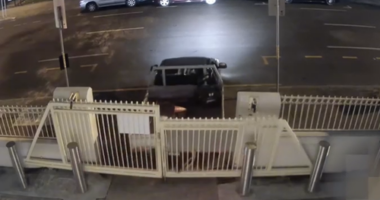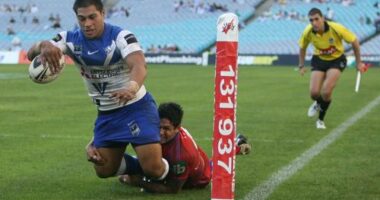Share this @internewscast.com
The largest wave of Timorese migration occurred following civil unrest and the Indonesian invasion of Timor-Leste in 1975. However, their connection to Australia dates back to World War Two, when smaller groups first reached Australian shores.
“During the civil war in Timor, my late father took many people to the Dili Port. Some of those who couldn’t reach the port traveled to Atambua, West Timor,” Santos told SBS Tetum.

Aderito Santos is a senior member of the Melbourne Timorese community Credit: Supplied / Aderito Santos
Community elder Herminio Da Silva Maia also recounted the chaos of the mid-1970s.
“We left everything behind, not knowing if we’d ever see our home again,” he said.
Stories of resilience and collective struggle
His family endured a three-day journey before reaching safety in Darwin.

The Norwegian ship Lyyod Bakke transported Timorese refugees from Timor-Leste to Darwin in August 1975. Credit: Supplied / Jose Pires
Casimiro’s story demonstrates the extreme conditions many Timorese families faced during their migration, and the vital role that international support played in their survival.
Assis’s family eventually settled in Perth, but the journey was marked by deep uncertainty and sacrifice.

Zelinda, shown as a baby in the picture, had her dad register with the Red Cross to locate other family members in Timor-Leste. Credit: Supplied / Zelinda de Assis
Settling into a new home and preserving culture
“My father came with no language skills and worked in factories, but he always believed in preserving our culture,” Pires said.

Jose Pires as a young boy stands on the right, with his father (middle) holding his baby sister, standing next to his mother and other siblings who are seated. Credit: Supplied / Jose Pires
His father later played a key role in founding the Timorese Association in Victoria, a cornerstone for the community’s cultural and social integration.
Initiatives such as Tetum language classes and cultural festivals also play a crucial role in preserving Timorese traditions. The Hamutuk Festival, for example, is a celebration of Timorese music, dance, and art, helping to unite the community and showcase their heritage.

Traditional dance performance at the Hamutuk Festival. Source: Supplied / Joao Tam / Passion Creations
Shyla Silvina de Lemos Guterres Duarte, who took part in this year’s festival, said it was an opportunity to reconnect with her roots.
“The consulate and embassy will need to collaborate more with the Timorese community to ensure that we stay connected to our roots and provide essential support for our cultural initiatives,” she said.
Built on sacrifice
Assis hopes to see the establishment of a formal association to better support the Timorese community in Perth.












